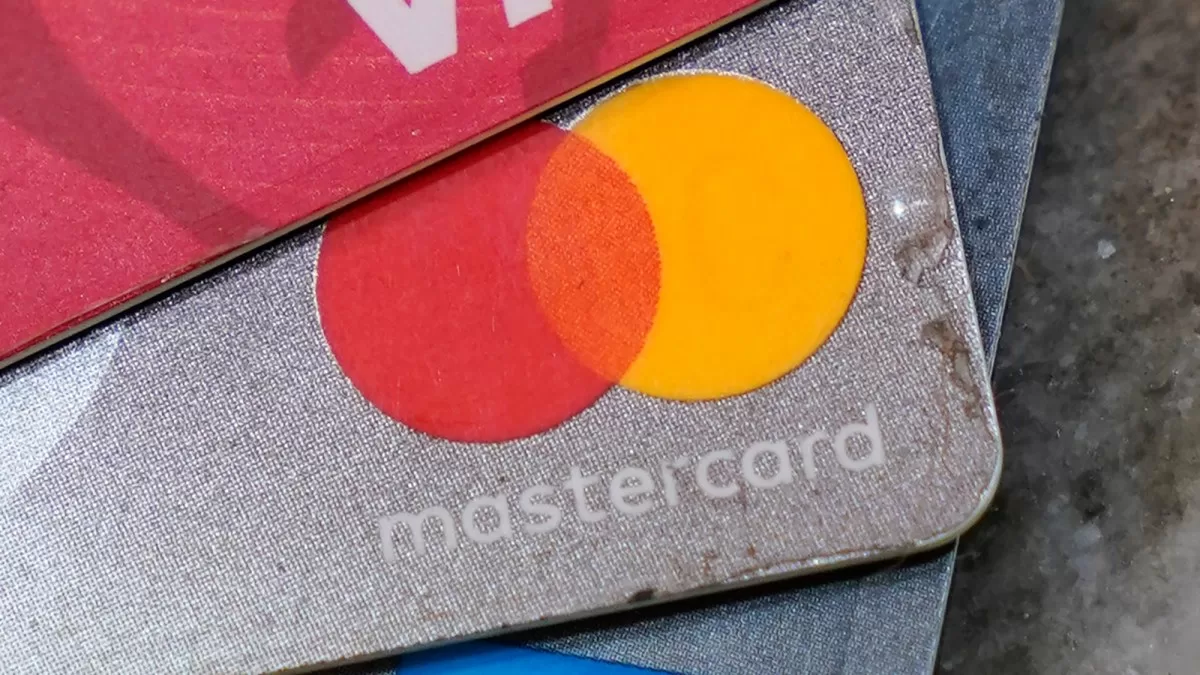Australian Prime Minister Anthony Albanese says move would help ease cost of living for households.
Australia has announced plans to ban debit card surcharges that the country’s central bank estimates are costing consumers nearly 1 billion Australian dollars ($671m) a year.
Australia’s centre-left government said on Tuesday that it would seek to ban the “unfair and excessive” charges from the start of 2026 subject to a review of card payments by the Reserve Bank of Australia (RBA).
Australian Prime Minister Anthony Albanese said his first priority was to ease the cost of living for households and the proposed ban would be “another step to protect Australians.”
Treasurer Jim Chalmers said the move would ensure a “better deal” for consumers and lower costs for small businesses.
“Consumers shouldn’t be punished for using cards or digital payments, and at the same time, small businesses shouldn’t have to pay hefty fees just to get paid themselves,” Chalmers said.
The ban would bring Australia into line with a number of other jurisdictions, including the European Union, which banned debit card surcharges in 2018.
The RBA has estimated that Australians are losing 960.26 million Australian dollars ($645m) each year to surcharges as consumers increasingly opt to pay by card instead of cash.
The shift to cashless payments accelerated during the COVID-19 pandemic, with the share of transactions made in cash declining from 32 percent to 16 percent from 2019-2022, according to RBA data.
